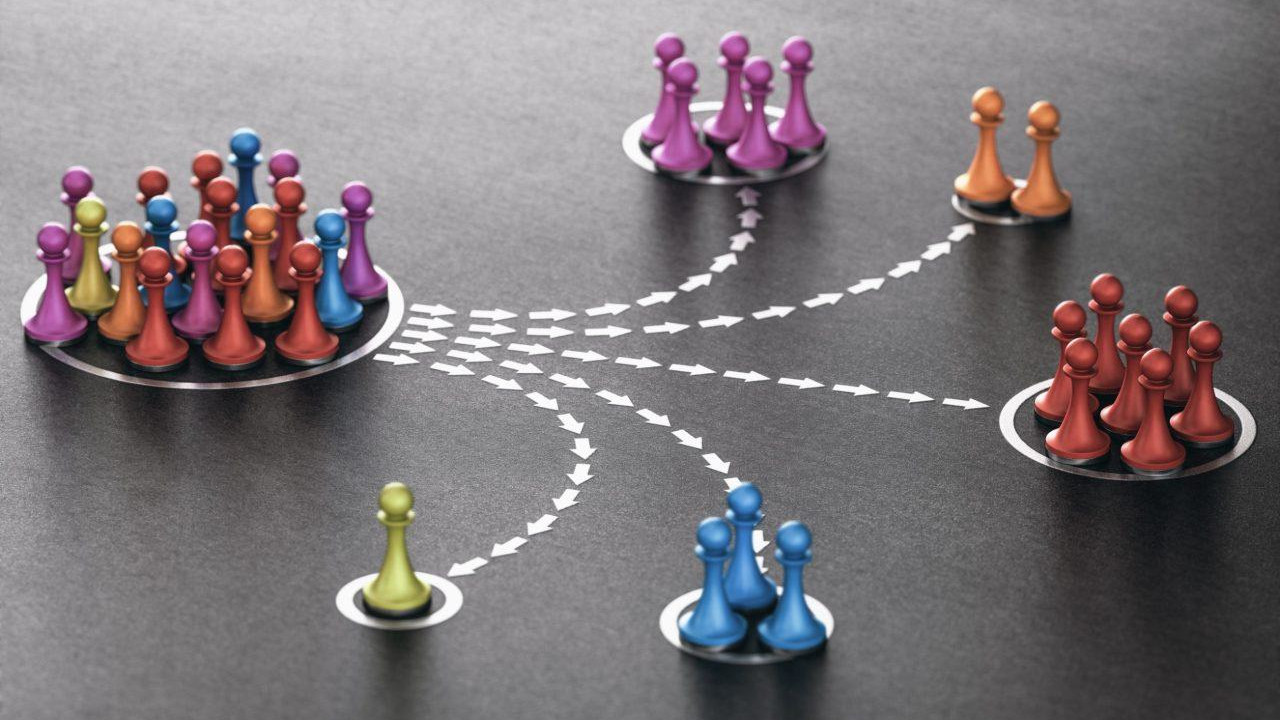
Airline loyalty programmes are often transactional but surprising and delighting guests might be more effective.
As airlines revamp their loyalty programmes, typically replacing mileage-based credits with dollar-based credits, potentially they are missing the mark. Airline loyalty programmes remain highly transactional – with arithmetically derived earnings and rewards. Whether a passenger earns a free trip based on five round-trips or $15,000 in spend, doesn’t change the basic mathematics: more flying drives more free trips. In some sense, loyalty programmes are essentially a volume discount.
At least one hospitality company, Kimpton Hotels, has another approach, as emerged at a recent EyeforTravel conference. Kimpton has a supplemental credit system, ‘karma credits’, that remains unknown to the passenger! Customers don’t know exactly how to earn karma credits; the arithmetic is invisible. Thus, customers don’t view the system as transactional. Instead, customers who build up such credits are termed ‘friends of the brand’, rather than the more arithmetically based ‘frequent flyers’.
“Customers who earn hidden credits gain extra attention, which frontline employees can then tap into as part of any one-on-one interaction”
The system is designed explicitly around ‘delight and surprise’. Customers who earn hidden credits gain extra attention, which frontline employees can then tap into as part of any one-on-one interaction; rewards are cashed by hotel check-in personnel, for example, to make the experience better. Rather than explicitly or mathematically quid-pro-quo, the benefits are handed out ‘for free’. And, the cycle becomes virtuous, as the customer offers positive reviews or endorsements or social media shares, which may also drive more invisible points. The ‘Friends of the Brand’ programme replaces entitlement with surprise and delight.




